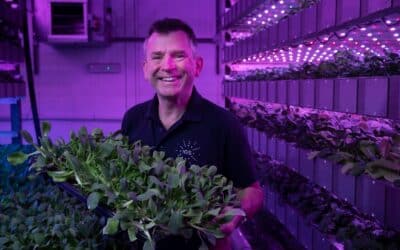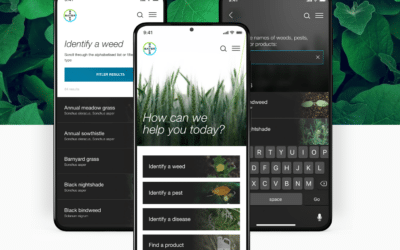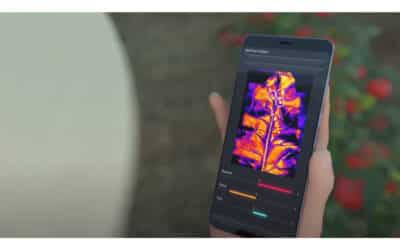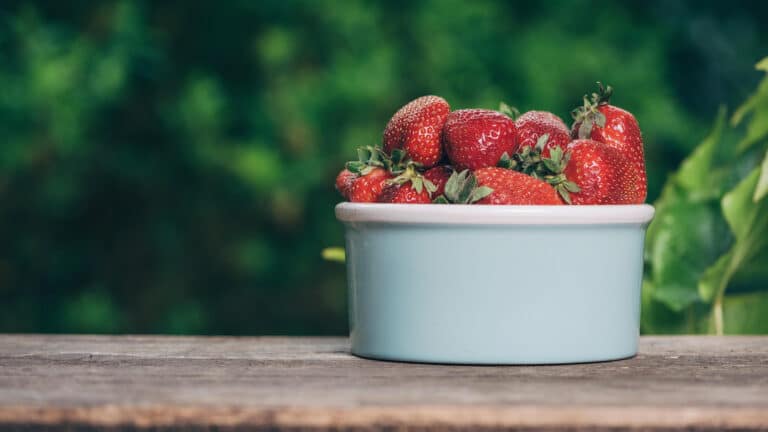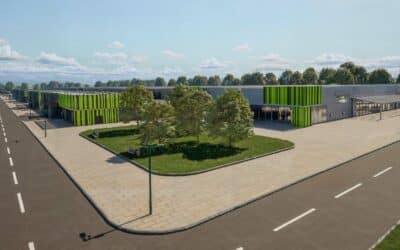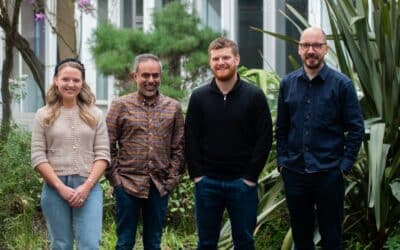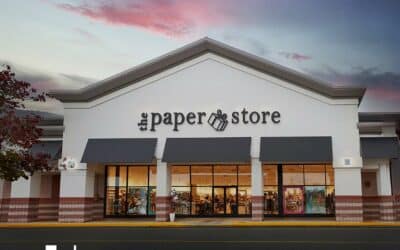Fruit farmers will be able to guarantee harvesting crops with groundbreaking technology from a pair of Manchester startups, backed by £300k from the government.
The new technology, named Sierra, means farmers will be able to guarantee production of berries, despite the UK facing the wettest 18 months on record.
Recognising the potential to bring new capabilities to berry production, the Department for Environment Food and Rural Affairs (DEFRA) has awarded £300k from their Farming Innovation Programme, delivered by Innovate UK.
Manchester-based startups Fotenix and HAI-TECH have joined forces to launch the initiative. Dr Charles Veys, CEO of Fotenix, said: “Sierra is more than just a virtual environment; it is a transformational platform that will empower berry farmers with the insights and flexibility needed to meet the challenges of modern horticulture.
“Through this partnership with HAI, we will be the first to demonstrate root-to-shoot monitoring in a commercial setting, paving the way for a new wave of capabilities in a sector often excluded from technological advancements.”
Farmers face both financial and mental health burdens due to the reduced availability and increased cost of farm labour alongside heavy rainfall meaning failed crops for many across the UK. The new technology is aimed at enabling the industry to thrive despite such challenges.
The innovation is the first of its kind for berry farmers, who will be able to upload precise digital replicas of farms to monitor their crops’ growth accurately and forecast yields to match consumer demand.
Sierra pinpoints production hotspots, identifies problem areas before they affect yield, and provides actionable evidence to drive smarter, more effective farming practices.
The government funding follows the success of Fotenix’s input into the First Fleet Project, which detects disease using farm robotics. The UK berry industry has grown 600% over the past 20 years to be worth £1.5billion, producing almost 150,000 tonnes per year, with the domestic market consuming half of this – 40 tonnes per year are eaten at the Wimbledon tennis tournament alone.
Despite this, the sector continues to face big challenges and a resilient future for UK horticulture requires robust monitoring to make better use of resources, to prevent overproduction and unexpected losses seen each season.
The system works by digitally reconstructing the shape and composition of the plant to enable insight into the crop performance. Once uploaded to Sierra, producers can accurately find problems within the crop, and target their workforce and other resources accordingly.
This enables farms to maximise profits in the short-term, while remaining relevant when automation is adopted, when Sierra will inform machinery deployment. Although there has been considerable innovation in the robotics sector aimed at addressing the workforce deficit, it may take some time before these innovations make their way into widespread market adoption.

